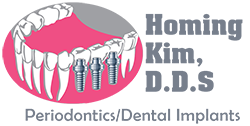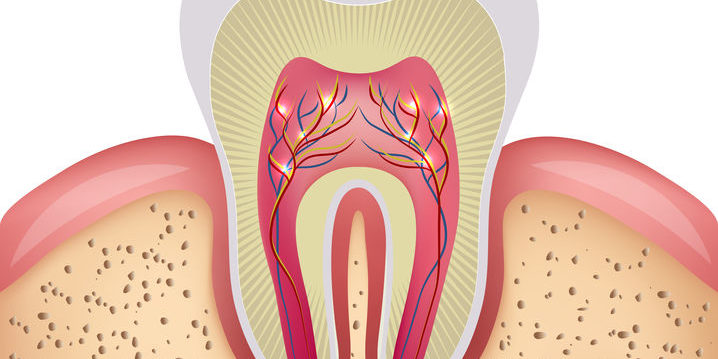Periodontal disease affects the structures in the mouth that support the teeth – gums and bone. This is a chronic (persists over time) disease that often has no symptoms, especially in its early stages. Don’t be fooled. Unless it is properly treated, the disease will worsen and the damage leads to tooth loss.
The disease starts when tartar and bacteria under the gum line lead to infection and as the body fights the infection, the gums become inflamed (irritated and swollen). Deep pockets form between tooth and gum, making plaque harder to remove. As the disease advances, bone damage occurs and can lead to tooth loss.
Some of the risk factors that can exacerbate the damage include:
- Smoking
- Poor oral hygiene
- Poorly controlled diabetes
- Stress, teeth grinding
- Having weakened immune system
- Hormone changes such as pregnancies and menopause
- Certain medications
- Having a close family member with periodontal disease





